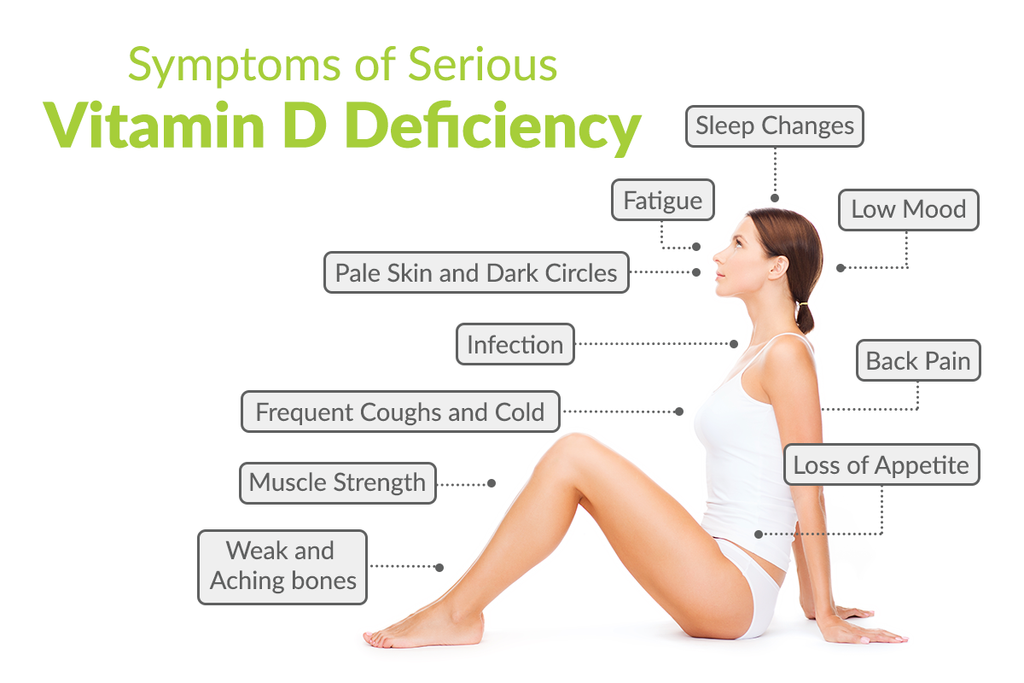Vitamin D: The sunshine vitamin
Vitamin D:
A fat-soluble vitamin called vitamin D is necessary for the development of cells, immune system function, and bone health. It is also referred to as the "sunshine vitamin" since sunlight causes the skin to manufacture it.
However, a lot of people do not obtain enough vitamin D from sunlight alone, particularly in the winter or if they reside in places with little exposure to the sun. The lack of vitamin D is a widespread issue around the world and has been related to a variety of illnesses, such as osteoporosis, heart disease, and cancer.
What exactly is vitamin D, and how does it work?
Being a prohormone, vitamin D is transformed into a hormone by the body. Calcitriol, the active form of vitamin D, is involved in a variety of vital body processes, such as:
Bone health: Calcium, which is necessary for healthy bones and teeth and is absorbed by the body with the aid of vitamin D. Bones can become brittle and weak without enough vitamin D, increasing the risk of fractures.
1:Immune system: Vitamin D aids in boosting immunity and warding off infection.
2:Vitamin D is important for the body's cells to develop and repair in all parts of the body.
3:muscular function: Vitamin D aids in controlling muscular activity and preventing cramping.
4:How to get adequate vitamin D
5:Sunlight exposure is the best source of vitamin D. It's crucial to remember, though, that excessive sun exposure might raise your chance of developing skin cancer.
6:You can get enough vitamin D via diet or supplements if you can't get enough from sunlight alone. Fatty fish like salmon, tuna, and mackerel, eggs, and fortified foods like milk and cereal are all excellent sources of vitamin D.
7:There are extra vitamin D supplements on the market. Before using vitamin D pills, you should consult your doctor because too much vitamin D might be harmful.
advantages of vitamin D:
Many health advantages of vitamin D have been attributed to it, including:
Stronger bones and teeth: Calcium, which is necessary for strong bones and teeth, is absorbed by the body with the aid of vitamin D.
Fracture risk is decreased: Lack of vitamin D has been related to a higher risk of fractures, particularly in older persons.
Enhanced immunological response: Vitamin D supports a stronger immune response and the ability to fend off infection.
Lessened risk of chronic illnesses: Vitamin D insufficiency has been associated with a higher risk of several chronic illnesses, including diabetes, cancer, and heart disease. Enhanced mood and mental health: Depression and anxiety have been linked to vitamin D deficiency
How to determine if you are vitamin D deficient:
A blood test is the most reliable approach to determine if you are vitamin D deficient. When vitamin D levels in the blood fall below 20 nanograms per milliliter (ng/mL), vitamin D insufficiency is identified.
Vitamin D insufficiency symptoms might include:
- Fatigue
- muscle tremor
- a bone ache
- many infections
- wounds heal
- Depression
- Anxiety
Consult your doctor about getting a blood test to assess your vitamin D levels if you experience any of these symptoms.
Conclusion:
One nutrient that is necessary for many body processes is vitamin D. Vitamin D insufficiency is a widespread issue that has been connected to a number of health issues.


Comments
Post a Comment